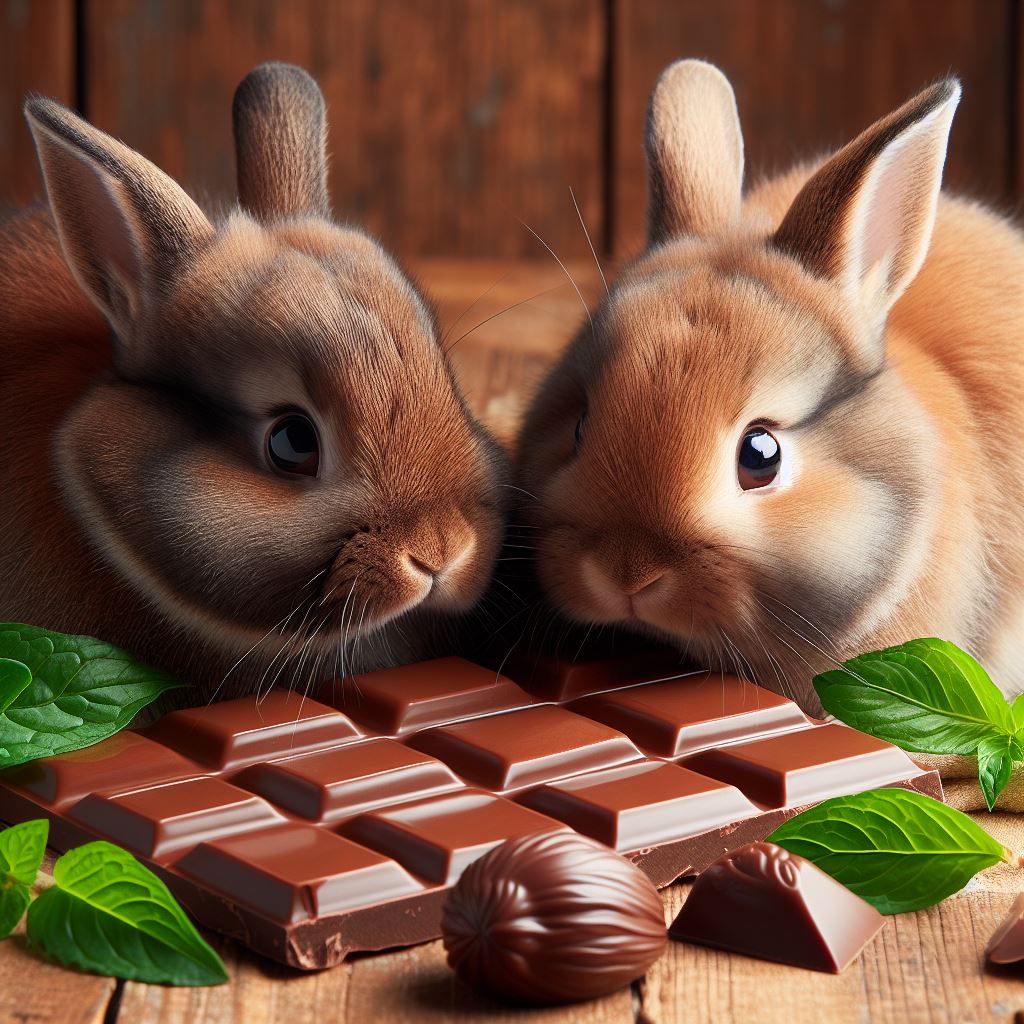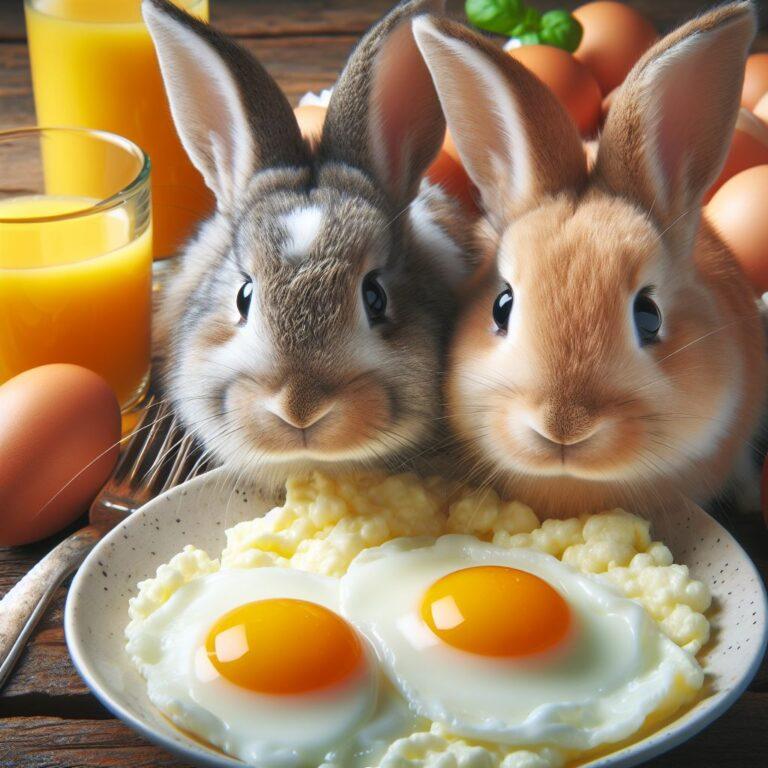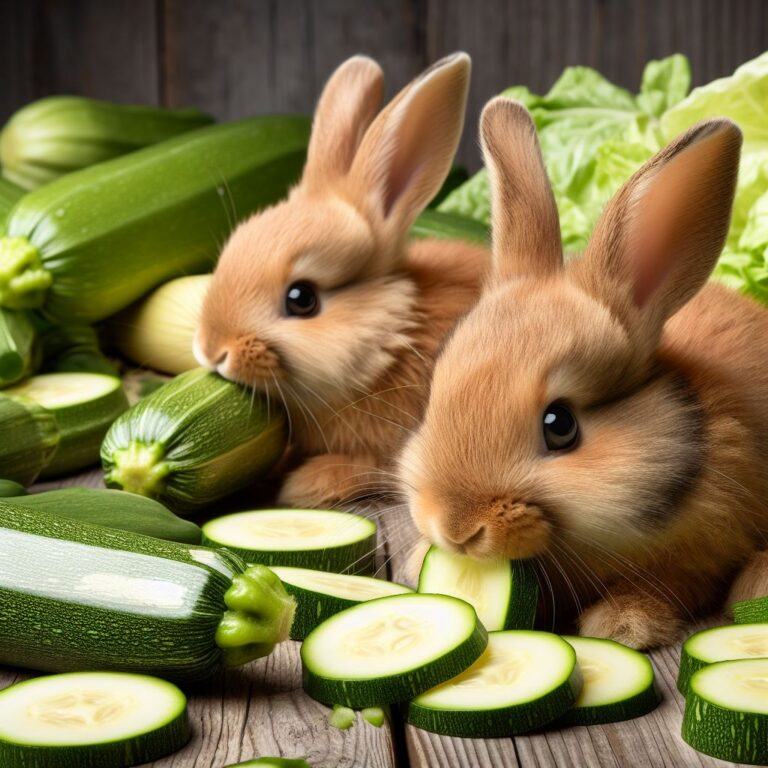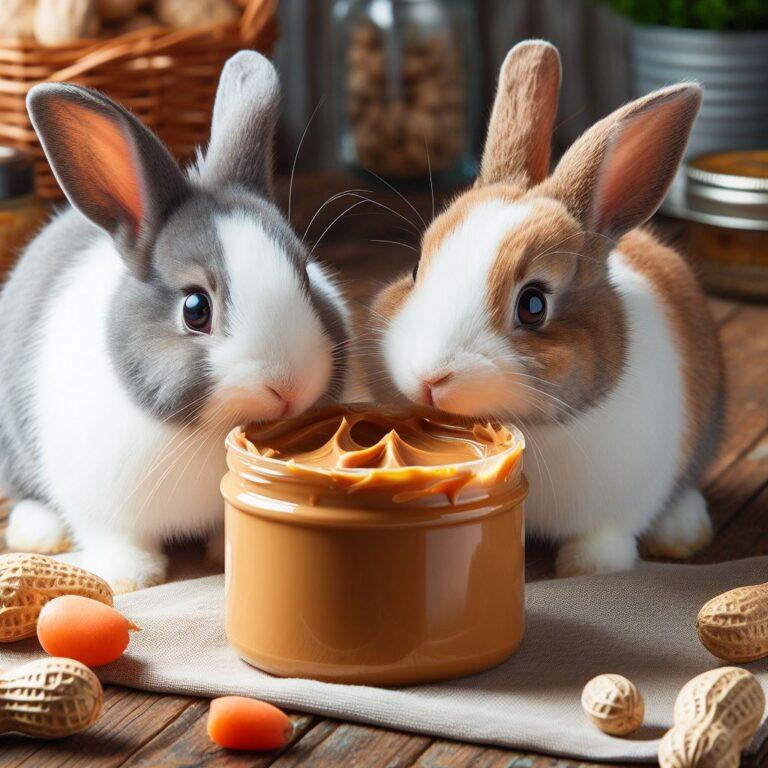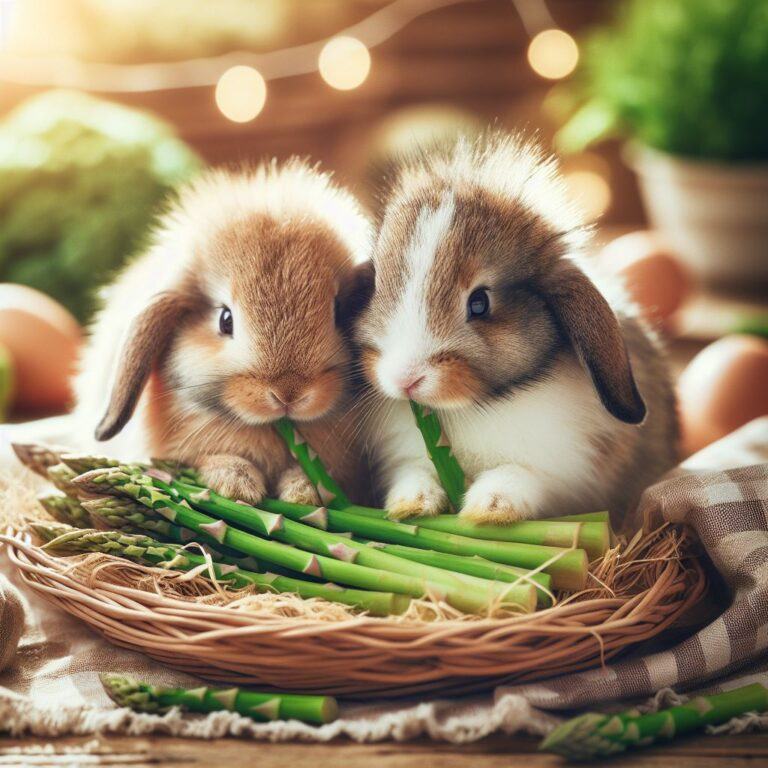Can Rabbits Safely Eat Chocolate
I must make it very clear, rabbits cannot safely eat chocolate. It’s a definitive NO from me. Chocolate contains substances called theobromine and caffeine, which are toxic to rabbits.
Why can’t rabbits handle these components? Well, their digestive systems aren’t equipped to process theobromine and caffeine, which can to potentially severe health issues.
Even small amounts of chocolate can cause poisoning, which can be fatal.
If your rabbit accidentally eats some chocolate, I highly recommend acting quickly and consulting a veterinarian immediately. Early intervention could save your rabbit’s life.
Healthy Dietary Habits for Rabbits
A balanced diet is CRITICAL for your rabbit’s health and well-being.
Unlike the diets of humans, which can occasionally accommodate candies and sweets like chocolate albeit not recommended in large portions, rabbits have specific dietary needs that must be met with precision.
The majority of our rabbit’s diet should be high-quality hay. Hay is essential not only for digestion but also for dental health, as it helps grind down their constantly growing teeth.
A variety of fresh, leafy greens should accompany hay to provide essential vitamins and minerals.
Safe vegetables include romaine lettuce, kale, bell peppers, or bok choy, and herbs like basil or coriander.
However, it’s important to introduce any new foods to your rabbit’s diet gradually. Abrupt changes can upset their sensitive digestive systems.
Unlimited access to fresh, clean water is equally vital. A rabbit’s hydration needs can be considerable, especially during warmer months or when they’re consuming a lot of dry hay.
When considering what foods to avoid, remember that sweets, including chocolate, are out of the question. Other no-nos for your bunny include allium vegetables like onions, garlic, leeks, and chives which are toxic.
By controlling your bunny’s diet, you’re ensuring your pet remains healthy, happy, and far from the dangers posed by unsafe foods.
Recognizing and Reacting to Rabbit Poisons
Awareness is the first step in preventing poisoning in rabbits. As a responsible pet owner, I need to know the hazards lurking around each and every corner of my home.
There are several common household items, such as certain plants and human foods, that can be highly toxic to rabbits. Among these, items like avocado, rhubarb, and some types of beans stand out as potentially dangerous.
It’s crucial for me to be able to detect the early signs of poisoning, which can include changes in behavior, loss of appetite, or breathing difficulties.
In some situations, a rabbit may show gastrointestinal signs like diarrhea or, conversely, may stop producing droppings altogether.
If I ever suspect my rabbit has been poisoned, I immediately remove the suspected poison from the rabbit’s environment then an urgent call or visit to an experienced rabbit veterinarian is a must.
Never attempt home remedies or delay seeking professional help, as this can make the difference between life and death for our rabbits.
To keep my rabbit out of harm’s way, I try my utmost best to enforce strict prevention strategies. This means rabbit-proofing areas of my home, ensuring that all poisonous items are inaccessible to my curious pet.
Additionally, a routine check for any plants inside or outside the house that could pose a risk, and consistent supervision whenever my rabbit is outside its designated safe zone, are non-negotiable practices in my household.
With the right knowledge and preventive actions, I can create a secure environment that allows my rabbit to thrive, and hopefully, with the information contained here, you can too!
Understanding the risks and being prepared to act swiftly ensures that these sensitive creatures remain a happy and healthy part of the family for years to come.

